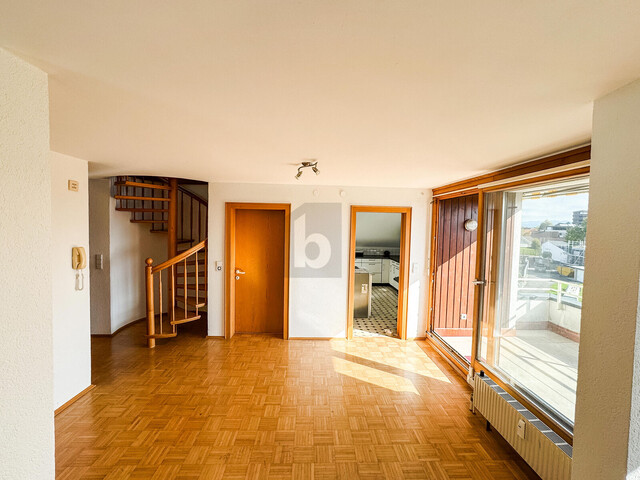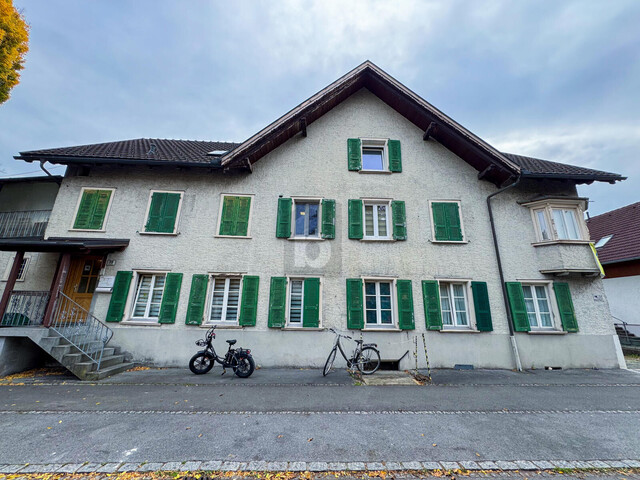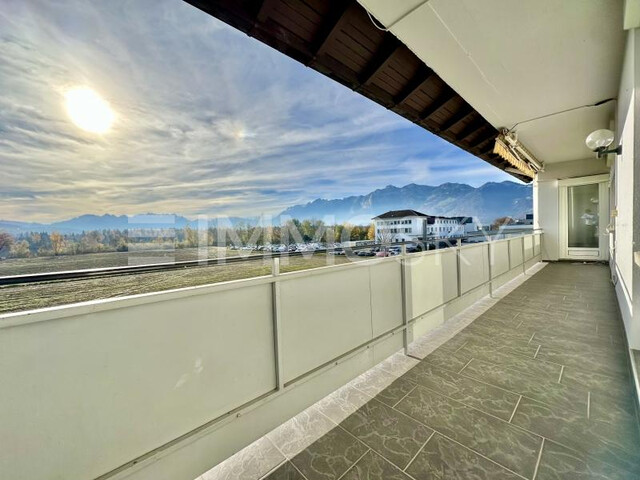Migration - Where Austria Could Get an Exception

"Solidarity is not a one-way street," said Federal Chancellor Christian Stocker (ÖVP). Austria has been one of the countries with the highest per capita burden of asylum applications for too long.
How well-funded the Solidarity Pool will be - from which the needs of member states under migration pressure are to be covered in the future - was not disclosed initially. According to the EU Commission, the funding proposal based on the provisions of the pact is not public. First, the European Council must adopt the proposal and decide on the contributions of the member countries. "Once the Council has made the decision on the Solidarity Pool, the solidarity contributions of the member states will be public and legally binding," it was stated.
Regarding Austria, Bulgaria, Czech Republic, Estonia, Croatia, and Poland, the Commission recognized a "significant challenge" due to the migration pressure that has arisen over the past five years, based on the European Annual Report on Asylum and Migration. These countries should therefore be entitled to apply for a full or partial deduction of their contributions to the Solidarity Pool. "We will continue to advocate for a strict migration policy at the EU level," emphasized Stocker. Austria has achieved a turnaround in asylum applications and is now a European leader in deportations. "A functioning EU external border protection as well as asylum procedures and return centers outside Europe are most important for Austria. Redistribution is not an option for us," said Interior Minister Gerhard Karner (ÖVP) in a statement.
"Great Pressure Along the Mediterranean Route"
Greece, Cyprus, as well as Italy and Spain, were attested to have a disproportionately high number of migrant arrivals. These four countries should be able to access the Solidarity Pool when it comes into effect in June 2026. "There is great pressure along the Mediterranean route," noted EU Commissioner Magnus Brunner in this regard. Twelve EU member states - including Germany and France - receive priority access to support measures due to their current situation. Their situation will be reassessed quickly depending on changes. When asked by journalists why Germany was assessed differently than Austria, Brunner emphasized that the assessment was fact-based. Germany will also benefit greatly from the Migration and Asylum Pact.
When asked whether Poland and Hungary were actually participating in the implementation of the pact, Brunner stressed that solidarity is flexible. Member countries have options available, and mandatory acceptance of people is not foreseen. Although neither Poland nor Hungary has submitted the national implementation plan, Poland is cooperating "very well" at the technical level, according to Brunner.
Brunner on Migration and Asylum Pact
"The Pact for Asylum and Migration establishes a balance between responsibility and solidarity," emphasized Brunner to the APA. Austria will greatly benefit from this reform, particularly through the new responsibilities of member states at the external borders. He expected a significant relief of the Austrian asylum and migration system. The Commission recognizes that Austria has already taken on a lot of responsibility in the past five years.
"We are restoring control over what is happening in Europe," said the EU Commissioner fundamentally about the Migration and Asylum Pact. It is important to restore the trust of the member states and the trust of the citizens. Regarding the migration dynamics, Brunner noted that these are "on our side." The number of illegal border crossings decreased by 35 percent year-on-year between July 2024 and June 2025. The member countries have made great progress in combating illegal migration and will be ready for the start of the Migration and Asylum Pact next June.
"Progress for All of Europe"
The ÖVP-EU Member of Parliament Lukas Mandl spoke of the Migration and Asylum Pact as a "progress for all of Europe." With the implementation of the pact in the area of solidarity among member states, it is finally time for Europe to be united on migration issues. Austria has achieved far above average. Therefore, it is clear that solidarity means "that now others are in line," said Mandl in a statement.
(APA/Red)
This article has been automatically translated, read the original article here.
Du hast einen Hinweis für uns? Oder einen Insider-Tipp, was bei dir in der Gegend gerade passiert? Dann melde dich bei uns, damit wir darüber berichten können.
Wir gehen allen Hinweisen nach, die wir erhalten. Und damit wir schon einen Vorgeschmack und einen guten Überblick bekommen, freuen wir uns über Fotos, Videos oder Texte. Einfach das Formular unten ausfüllen und schon landet dein Tipp bei uns in der Redaktion.
Alternativ kannst du uns direkt über WhatsApp kontaktieren: Zum WhatsApp Chat
Herzlichen Dank für deine Zusendung.








